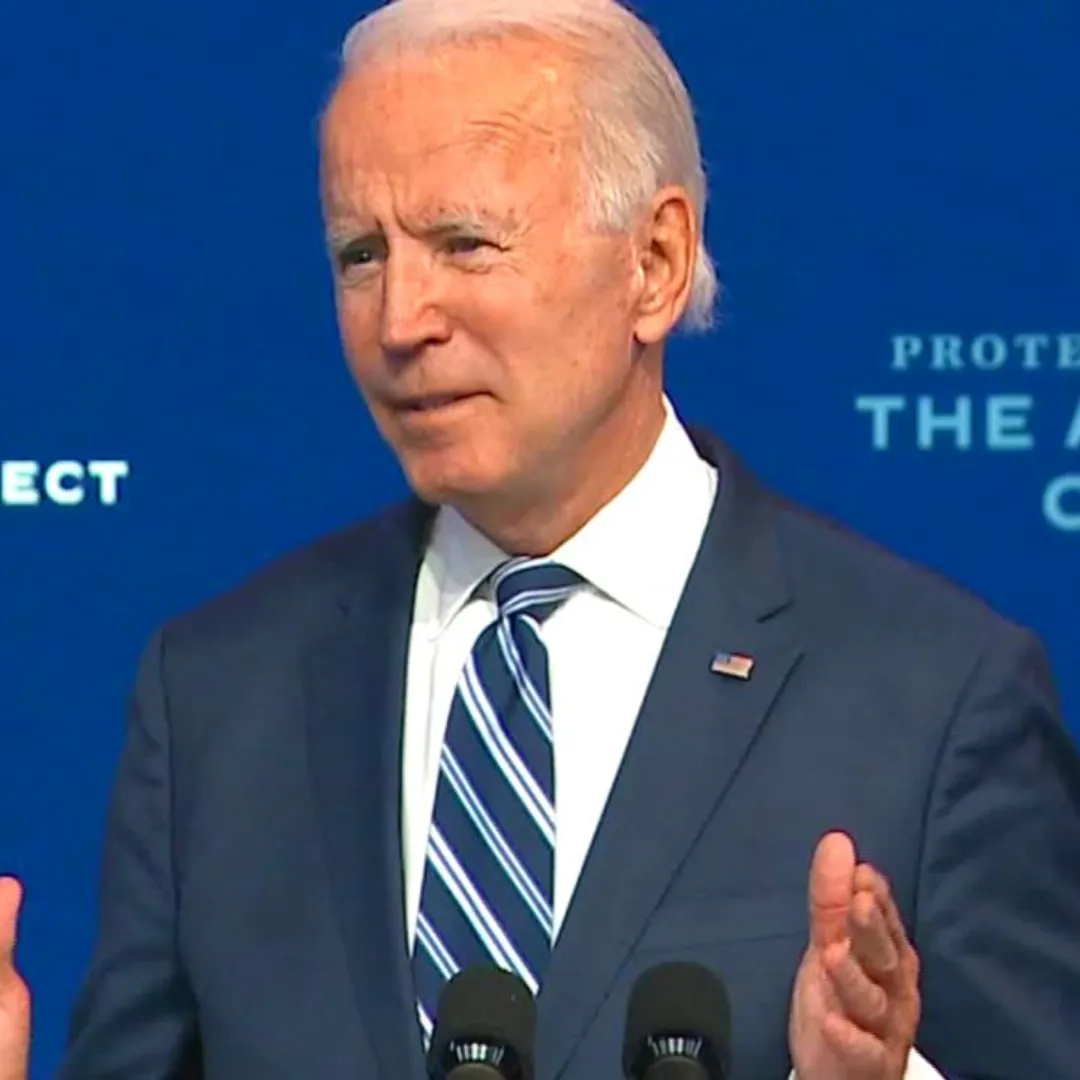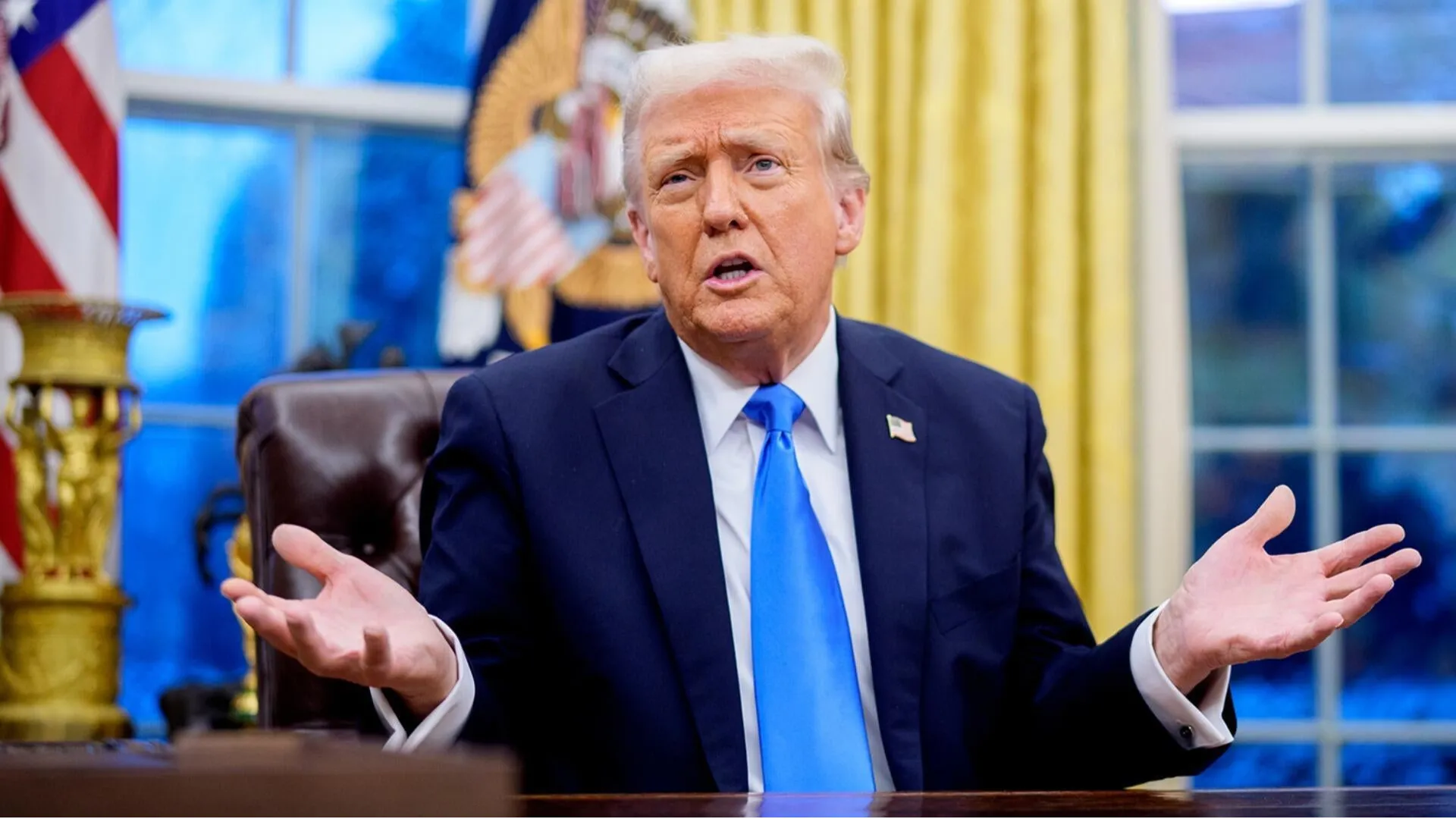As markets rebound sharply following President Donald Trump’s temporary pause on sweeping tariffs, concerns over possible insider trading by members of Congress and administration officials have intensified.
Among the most vocal is Rep. Alexandria Ocasio-Cortez (D-N.Y.), who on Wednesday called for her colleagues to disclose recent stock trades, warning of serious ethical breaches and renewed public distrust.
“Any member of Congress who purchased stocks in the last 48 hours should probably disclose that now,” Ocasio-Cortez posted on X, formerly Twitter. “I’ve been hearing some interesting chatter on the floor.”
She followed up with a pointed observation: “Disclosure deadline is May 15th. We’re about to learn a few things. It’s time to ban insider trading in Congress.”
Her remarks came just hours after the Nasdaq call volume surged, and shortly before Trump announced a 90-day pause on tariffs affecting most U.S. trading partners — a move that sent the S&P 500 soaring by 9.5 percent.
Though Trump’s tariff pause excluded China, the broader financial markets reacted positively, reversing days of investor anxiety over rising consumer costs, supply chain disruptions, and potential international retaliation. But the timing of trades — and the market’s abrupt swing — has triggered bipartisan concern over who knew what, and when.
Ocasio-Cortez’s comments tap into long-standing criticism of how members of Congress are allowed to buy and sell stocks despite having access to non-public information.
While current laws like the STOCK Act (Stop Trading on Congressional Knowledge Act of 2012) require members to disclose trades within 45 days, the law does not prevent them from trading altogether — a loophole that continues to stoke public outrage.
She has been one of the most consistent voices demanding reform, warning that even the perception of impropriety can erode trust in government. “It explodes the cynicism that fuels the right,” she said during a February appearance on The Weekly Show with Jon Stewart.
“It doesn’t benefit us. It benefits Republicans because they make no bones about what class they are here to serve.”
She added, “Republicans are far more honest in this respect sometimes, which is that they’re here to serve the billionaire class, and they make decisions very publicly to serve that billionaire class.”
Adding fuel to the fire was Trump’s own activity on social media. On Wednesday morning, hours before he announced the tariff pause, the former president posted to Truth Social: “THIS IS A GREAT TIME TO BUY!!! DJT.”
Roughly three and a half hours later, he announced the 90-day suspension of tariffs on most trading partners. The market immediately responded — a sharp rally not just in broad indexes, but in specific stocks tied to import-heavy sectors like technology, automotive, and retail.
To critics, the juxtaposition raised serious red flags.
“This sequence of events raises grave legal and ethics concerns,” wrote Senators Adam Schiff (D-Calif.) and Ruben Gallego (D-Ariz.) in a letter to White House Chief of Staff Susie Wiles and U.S. Trade Representative Jamieson Greer.

The letter, obtained by multiple news outlets, requests an investigation into whether President Trump, his family members, or members of the administration used non-public information to profit from the market.
“We write to request an urgent inquiry into whether President Trump, his family, or other members of the administration engaged in insider trading or other illegal financial transactions, informed by advanced knowledge of non-public information regarding his changes to tariff policy,” the letter said.
According to analysts tracking market activity, there was a noticeable uptick in call options volume on the Nasdaq in the hours leading up to Trump’s announcement. Some purchases, made minutes before the news broke, appeared highly speculative — or highly informed.
While no lawmakers have yet been publicly named in connection with suspicious trades, watchdog groups are now calling for full transparency ahead of the May 15 disclosure deadline for Congressional financial activity.
“This is why the public doesn’t trust Washington,” said one ethics advocate. “If members of Congress or White House insiders are profiting off policy shifts they control, it’s not just unethical — it’s corrupt.”
Supporters of the president have brushed off the allegations, claiming that the tariff pause was already being “widely speculated” in financial media, and that Trump’s “Buy!” post was simply rhetorical enthusiasm aimed at rallying confidence in the U.S. economy.
“There’s no proof of anything illegal,” said a senior Trump adviser speaking anonymously. “Every time this administration tries to stimulate growth, the left screams ‘insider trading’ just because markets go up.”
They argue that the sudden market rally was a natural reaction to reduced trade tension, not evidence of backroom trading.
However, Trump’s critics point out that his habit of teasing or revealing policy shifts via social media creates both legal risk and volatility. “You can’t have the president of the United States using the stock market like a slot machine,” one former SEC official said.
Under current U.S. law, it is legal for members of Congress to buy and sell individual stocks, provided they follow disclosure guidelines set by the STOCK Act.
But critics, including both Democrats and Republicans, argue the mere ability to trade creates constant conflicts of interest.
Ocasio-Cortez is a co-sponsor of the Bipartisan Restoring Faith in Government Act, a bill introduced in 2023 that would bar members of Congress and their spouses from owning or trading individual stocks while in office.
The bill has gained traction in recent years amid a string of scandals involving well-timed trades by lawmakers on both sides of the aisle.
Public trust in Congress remains low, and Congressional stock trades are increasingly viewed through a lens of privilege and exploitation — with many Americans believing politicians are using inside knowledge for personal gain.
The growing scrutiny over stock trades, especially when tied to market-moving policy decisions, risks further alienating an electorate already jaded by institutional politics.
Polling consistently shows that Americans across the political spectrum support a ban on Congressional stock trading, with some surveys showing support as high as 76%. Among younger voters, distrust in financial ethics among elected officials is even more pronounced.
“If we want to rebuild public trust, we have to start with accountability,” Ocasio-Cortez said during a town hall earlier this year. “That means not just talking the talk, but changing the rules.”
Despite bipartisan support for stock trading bans in Congress, meaningful legislation has stalled repeatedly over the past decade. Efforts have been derailed by concerns over enforcement, legal challenges, and lack of leadership will.
However, with the May 15 disclosure deadline approaching — and watchdog groups now preparing FOIA requests and data reviews — there may be renewed momentum.

“This isn’t just about ethics,” said Rep. Gallego. “It’s about whether the American people believe we work for them, or for ourselves.”
He continued, “No one should be able to use policy information to get rich. Period.”
As the stock market continues to respond to erratic policy swings and social media posts from the president, the spotlight is turning toward those who stand to benefit — and those who knew before the rest of the country did.
Ocasio-Cortez’s call for immediate disclosure may not be legally binding, but it is politically potent. Whether Congress will act to ban insider trading among its members remains uncertain, but the pressure is mounting.
In an era where every tweet can move billions of dollars, and every policy hint can enrich or bankrupt investors, the need for transparency in government has never felt more urgent.
And, as AOC warned in her closing remarks online: “We’re about to learn a few things.”






